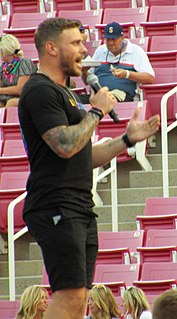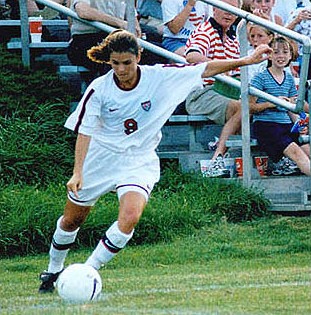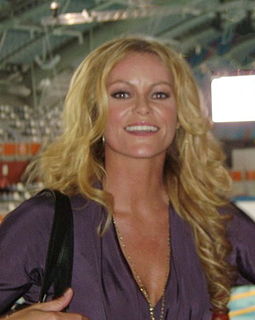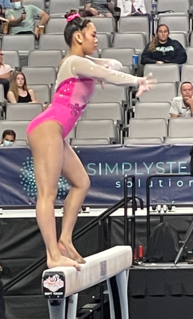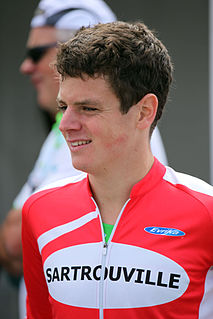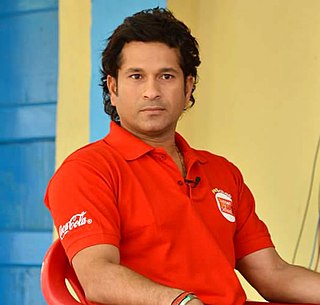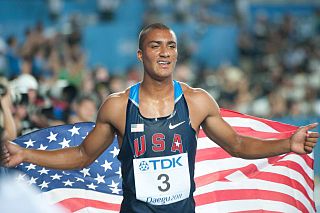A Quote by Gus Kenworthy
I don't ever train half-pipe except for the short training sessions during events, and because of that, I have a really hard time consistently putting my runs down smoothly.
Related Quotes
When players go out and train on their own, they usually do it at half speed. This kind of training is valuable, but it doesn't prepare you for competition, where you must perform at full throttle. So the trick is to schedule regular sessions of intense practice, while always leaving time to juggle and generally goof around with the ball
You can't really explain competing in Olympic event to someone. You can say, "Oh, that was really tough." And that literally means nothing to someone. If you can give some sort of comparison, because that's really all track and field is about any way....Usain Bolt runs a time and you get to see what everybody else's time is. It would just be interesting to compare Olympians to somebody who doesn't train their whole life.
